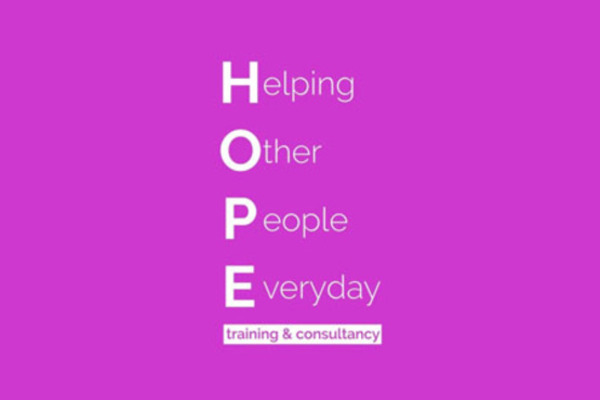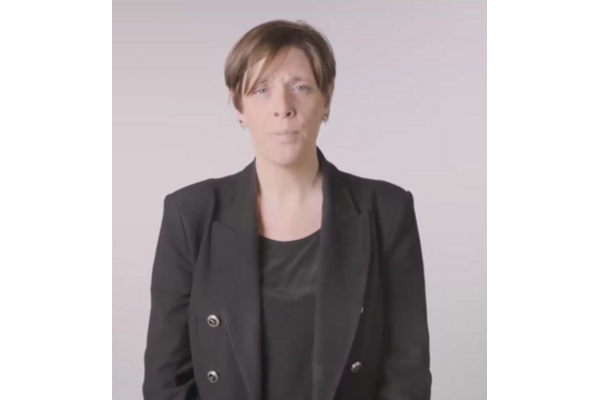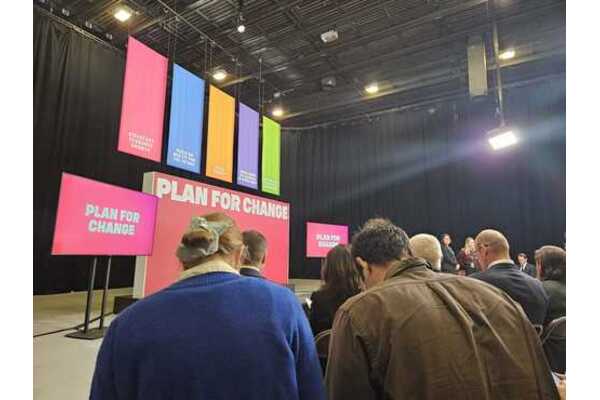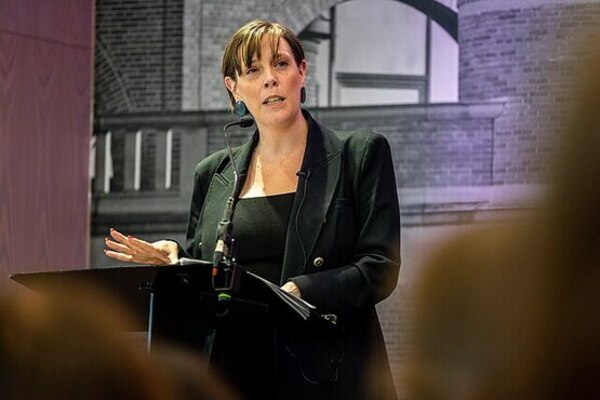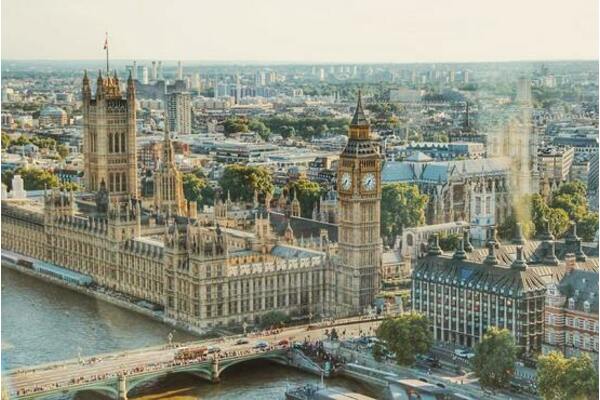Last Friday, HOPE Training invited Respect back to join their talk on Male Victims from Black, African, Asian and other Minoritised Ethnic Heritage communities. Ippo Panteloudakis, Respect’s Head of Services, shared insight from the Men’s Advice Line on ethnically minoritised male victims of domestic abuse.
Between the 1st of January and 30th of June 2020, 40% of the men the Men’s Advice Line supported identified as BAME*, of which 32% identified as Black or Black British, including Black African and Caribbean. 47% identified as Asian or Asian British, Indian, Pakistani or Bangladeshi.
The data from the Men’s Advice Line shows a huge gap between the general population and the percentage of men experiencing domestic abuse who self-identified as Black, Asian, Mixed-race or other. In comparison, to 40% of callers, only 14% of the population self-identified as Black, Asian or Minority Ethnic, according to the 2011 UK Census.
Ippo explained that male victims from minoritised communities face additional barriers and risk factors. From January to June of this year, male victims from these communities experienced abuse at higher frequencies and increased severities. One in three experienced coercive control five times or more, while 10.5% experienced physical violence five times or more.
Many face specific barriers in terms of safeguarding and support. Black male callers to the Men’s Advice Line express fear of authorities and a distrust of police.
Callers to the Men’s Advice Line note other risk factors, such as isolation from friends and family, ill mental health, and the difficulty of child contact proceedings. Issues surrounding immigration and legal issues create more roadblocks for male victims from marginalised communities.
In one instance, a lawyer called the Men’s Advice Line on behalf of a migrant client. After her client came to the UK, his wife began controlling him and forcing him into social isolation. She limited his contact with his family, while heavily monitoring what he did and who he spoke to.
After seeking help from the police, his wife told him to leave their home and refused to support his settlement application.
The Men’s Advice Line offers support for all male victims of abuse. We are committed to better understanding the particular needs of groups from all ethnic and cultural backgrounds.
We have access to telephone interpreters on our helplines, if you or someone you’re supporting is in need of assistance, call us on 0808 8010327 or email us at info@mensadviceline.org.uk
For more information about HOPE and their training courses, visit: https://hopetraining.co.uk/
Footnote: We acknowledge that the term ‘BAME’ is problematic and aim to keep it out of our communications. We have included it here for accuracy, where it relates to Census figures.

